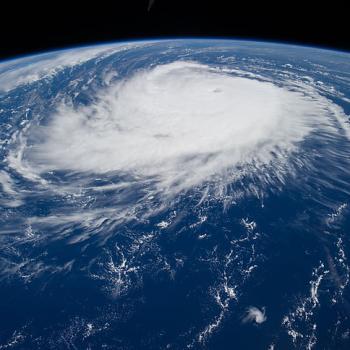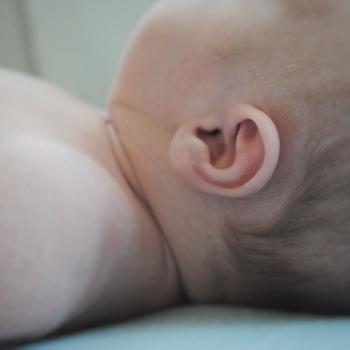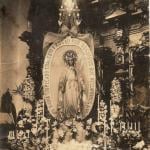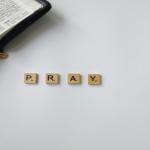Recently, someone on twitter asked a very interesting question, “What was your first existential crisis?” One of the answers caught my attention.
When I was in third or fourth grade I had the thought that perhaps God was in a science fair just like I had been & Earth was His experiment, but He got a bad grade because of how messed up the world had become. And I wanted to know what the other projects were.
— Alicia (@cantfindmyshoe) May 28, 2019
As one who thinks about God and the nature of creation Alicia’s answer stuck with me. Even at a young age, she noted that something is terribly amiss with the world. It is broken.
The world, the universe, is a fantastic place. It is full of power and beauty, and we are only at the beginning of understanding the way it works. When we look at nature through the lens of its wonders, we may naturally think of God and credit God for God’s majesty. It can look like God’s creation is exactly as God intended it.
Creation, however, is not perfect. As third-grade Alicia notes, there are things that are wrong with it. It has become “messed up.” The great poet Tennyson observes that nature is red in claw and tooth. Life feeds on death and requires death for its sustenance. Earthquakes are required for life to exist, and deadly storms keep our climate balanced. A lot of destruction is required for creation to function.
When we think of God’s management of the daily affairs of the world, we will sometimes hear that “everything happens for a reason.” Many believers will use that phrase to imply that whatever happens, happens because God has caused it to happen and it is for our good. We often see the idea of God’s perfect management of creation in popular explanations of why things have gone wrong. For example, parents of special needs children are often told that their children were given to them because they are precisely the kinds of parents their child would need. Sometimes when a terrible accident happens the family members of those who suffer are told that “God has a plan.”
Human experience, however, is not perfect. When we say that “God has a plan” are we really saying that God controls every event? God’s control sounds good when we look at the nature of a life well lived. But what about lives that are cut short? What about when horrible evils destroy innocent people. What about when genocides are practiced? Are these terrible events part of God’s plan too? If so what should we make of God?
In looking at the nature of the world and the nature of events, Christians have been consistent to argue that this is a Fallen world. The doctrine of the Fall is that due to a cosmic calamity, creation is utterly ruined. Humans’ willful choosing to do what is evil ruined the entire created order. The creation that we experience, therefore, is a vestige of the world God intended. This ruin affects everything. It affects the world around us. It affects our minds. It affects our bodies. There is no part of existence that escapes the consequences of the Fall. The ruin of the created order is what is termed “natural evil.” We use the term “natural evil” to note that it is evil that happens without a moral choice being made.
Because of ruin of human minds in the Fall, humans make bad choices. These choices can sometimes damage the creation as in pollution. Other times these choices affect the person who makes the choice. Negative consequences of poor moral choices affecting the person who makes the choice can be seen when a drunk driver suffers in a tragic accident. In other cases, the consequences of poor moral choices affect other persons. We see this in criminal activity, for example. When evil emerges out of the choices an individual makes it is called “moral evil.”
Due to moral evil and natural evil, the world is not as it should be. It is broken. That is why Christians long for something new, something different. The Bible promises that there will be a “new heaven and a new earth.” In God’s new world, the old order of sin, suffering, and death will be abolished. A new order of life will be established. Then creation will be as God intended it to be.











